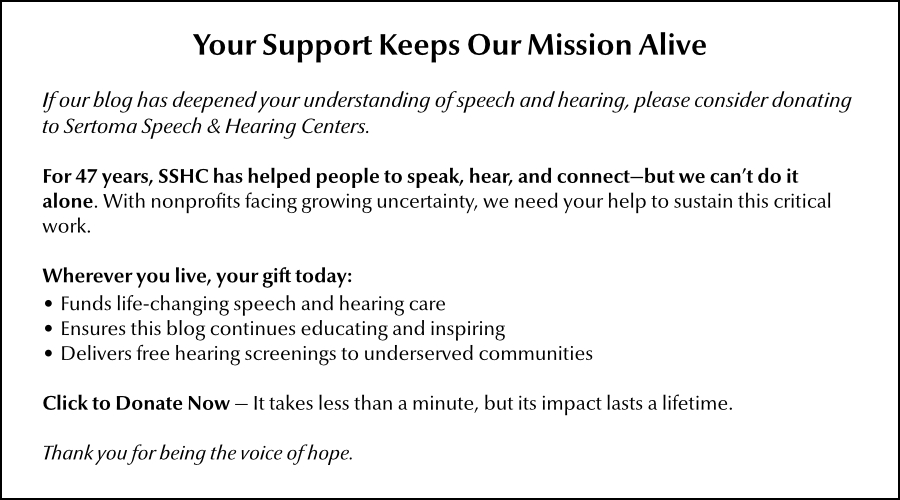Imagine your brain as a complex network, with each conversation, each sound a potential lifeline—or a missed connection. This September, World Alzheimer's Month, brings a reminder that protecting your cognitive health doesn't start when memory problems appear. It starts now, with something as simple as addressing hearing loss.
Why it matters
Hearing isn't just about catching words—it's about maintaining your brain's intricate social and cognitive pathways. Research now reveals a vital truth: addressing hearing loss early could be one of the most powerful strategies for preventing dementia.
The problem
Most of us dodge hearing concerns like an awkward family reunion. We pretend we heard the conversation, nod at the wrong moments, or crank up the TV volume. But these aren't quirks—they're warning signals.
Reality check
Ask yourself honestly:
- Do restaurant conversations sound like mumbled background noise?
- Are family stories becoming fragmented puzzles?
- Have you slowly withdrawn from social activities that once brought you joy?

Real-world impact
Take Mike, a fishing instructor who discovered he'd been navigating conversations in near-silence. After trying hearing aids, he described it as "suddenly seeing in color after a lifetime of grayscale"—reconnecting not just with sound, but with life itself.
Breaking Through Family Resistance
Discussing hearing loss isn't about criticism—it's about connection. Instead of expressing frustration, approach it as a shared journey. Suggest getting hearing screenings together, changing a potentially uncomfortable conversation into a mutual act of care.
How it works
Hearing aids do more than amplify sound—they maintain neural pathways, preserve social engagement, and keep your brain actively processing information. Early intervention is a cognitive investment.
Your roadmap to action
- Schedule a professional hearing screening
- Establish a baseline for future comparisons
- If recommended, embrace hearing aids as a tool of empowerment, not limitation
The bottom line
Your hearing is more than a sensory function—it's a gateway to cognitive resilience. By taking proactive steps today, you're not just hearing better. You're preserving your most precious asset: your vibrant, engaged, true self.
Protect your hearing, preserve your connections
Age-related hearing loss doesn't mean losing your social world. Our free 15-minute hearing screening can help you:
- Understand your current hearing health
- Prevent communication barriers
- Stay engaged with loved ones
- Maintain your quality of life
Schedule your free screening today and rediscover the sounds that matter most.
★ Call 708-599-9500 to schedule your free screening.
★ For facts about hearing loss and hearing aid options, grab your copy of The Hearing Loss Guide.
★ Sign up for our newsletter for the latest on Hearing aids, dementia triggered by hearing loss, pediatric speech and hearing, speech-language therapies, Parkinson's Voice therapies, and occupational-hearing conservation. We publish our newsletter eight times a year.
Don't let untreated hearing loss spoil your enjoyment of life.


